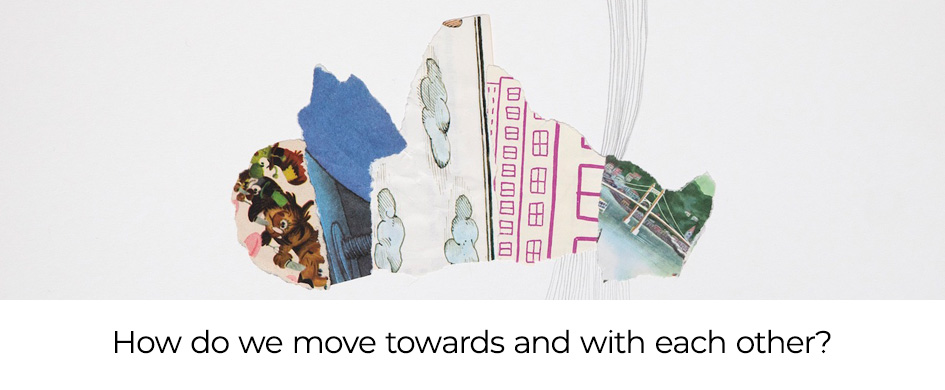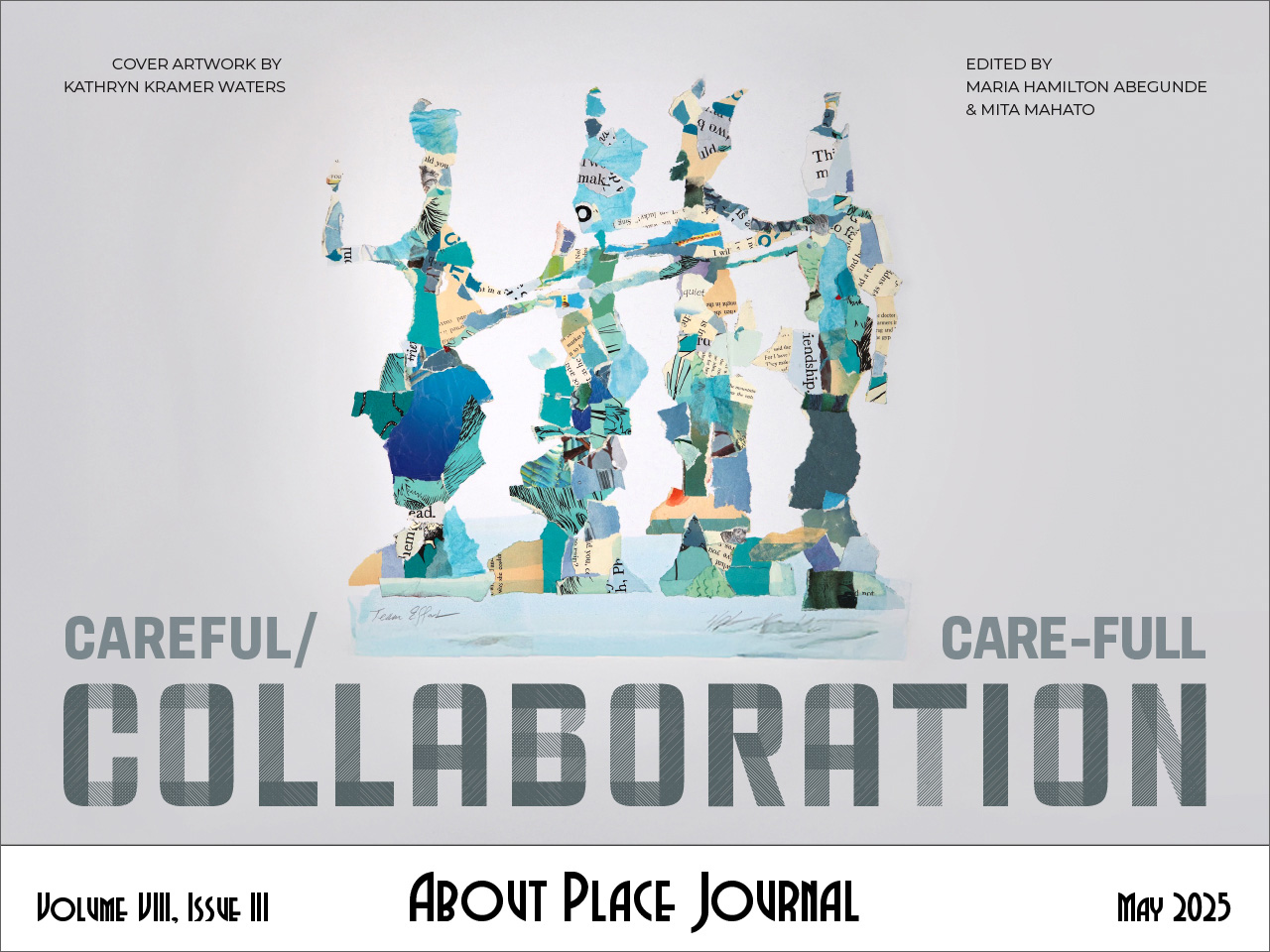No Events Today
Merry Dennehy
Dear Morning,
I am astonished by your light!
How can I afford it? Its shards
that dare to taunt my doorsill.
Your mist mystifies me, light. I know you
matter. I want to ladle your foam,
wear you like a mantle.
Dear Afternoon,
My reservoir is empty. Yet I cannot swallow
more of your light, reclaim memory. Agency?
Well, I have none now. Pulverized slabs of flavor
on my tongue cannot root me.
Dear Night,
Updrafts have now subsided. Constellations
outside my window – that olive branch
in the sky cares not, dares not enter. How
can I not fall into the distance between us?
You, selfless matter that you are, become a thorn
in my palm, my lifeline wrinkles with rage, with age,
with no events today.
***
Every month on a Zoom call, we, the “Bottle-fed Poets,” gather – two from California, Margaret Kean and Merry Dennehy; one from New York, Leonora Simonovis; and one from New Jersey, Yamini Pathak. In a sort of poetic United Nations, two are of Irish descent, one is an immigrant from Venezuela, and one has immigrated from India. We met as part of the MFA program at Antioch University/Los Angeles and have taken to heart its principles of prioritizing cooperation over competition. For the last three years, we have been making space for each other’s voices, kvetches, and creative endeavors. When we come together, we write from a primordial soup of words, dropped into a collective pot. (The four poems included here came from the January 2025 soup and a prompt to write an epistolary poem). In between monthly Zoom sessions, we share our creative activities for the week via Sunday emails – what we have been reading, snippets of writing, artist dates, an encounter with a deer in the mist, the delights of a homemade bird bath, a soup recipe. These missives help us see that our creative practice has been ticking along even when we feel no progress has been made. We encourage each other by sending resources and opportunities such as interviews, craft talks, workshops, articles, and book recommendations.
At the root of our long-lasting collaboration are the pillars of our creative process: generative practice, accountability, care and encouragement.
***
From our time in generative workshops at Antioch and with notable poets at writing conferences, we know the importance of verbs and nouns, but sometimes at the last minute, we buck the trend and toss in some rogue adjectives and adverbs. We set the timer, our Zoom screens go black, and our minds light up. After 20 minutes or so, we say, “OK, who wants to read something?” What we read aloud from scratches on notepads – from the very same ingredients – always surprises and delights us. Our homework assignment: “Type up what you scribbled, and play with it some more if you like, but you only earn 10 points if it arrives in our in-boxes tonight.” Consistency brings growth, and growth is not linear, or perfect. Sometimes, the poem sags, the lines don’t pop, and the form doesn’t hold. Other times everything coalesces, the stanzas, the title, the endings just come together.
A Letter to Altadena Ashes
Margaret Anne Kean
Falling through orange, astonished light
you gently blanket my sweater.
I want to ask each white and black fleck of you
whose rooms you left to reach me.
What memories pulverized by fire
are sifting through my screens?
Swept here on the updraft of hurricane winds
I look down at the multitude of you,
lying like a cold constellation
crumbled in daylight across my doorsills.
I don’t need to tell you how many wishes
were made on your stars
the generations nurtured in that light.
But how can I rage
against you?
It was the wind that drove the flames
that swallowed the yellow dining table
where we made fruit and olives,
hummus and flatbread into a feast.
Your presence haunts me.
Uninvited, you root into lungs.
I want to reclaim time.
Release this deep ache
you’ve pinned against the galaxy.
***
In popular imagination, the poet is a solitary person toiling away at their desk. The reality is that writers, much like anyone else, need the support of like-minded people. Daily distractions conspire to pull us away from our work. Our quartet anchors us. Being accountable to each other means committing to creative lives, asking questions but never judging. When life invariably takes a swipe at each of us, we can depend on the others to help us carry on. At the start of the new year, we share individual intentions. We each choose a guiding word for the year – make, openness, consistency, prospect. Saying our words aloud makes them an incantation and a promise.
Dear Great Blue Heron
Yamini Pathak
playing solitaire in the mud—
what some might call filth
—confident
in your own wise eye that
follows hunger, the slash
of razored beak
patient at the end
of your question-mark neck.
But you don’t question your existence—
it is never wrong.
If your legs taunt you
it’s a sign they are earning
the gristle to help you root.
In this last wet place, you claim
thorn and thistle,
bullfrog honk, plop
and splash of living water.
Bleached grass,
the shadow of a fox
slips by without rustle.
Far from the crumbling and rage,
our room yours and mine
is open. I tiptoe over the sill
to stand in astonished light.
***
Built over years, our reservoir of trust in each other has grown. Our dependability and tender care has deepened our connection. As women, we understand the importance of nourishing conversation, deep listening, open mindedness, and being present. Last spring, during an in-person writing retreat, we cooked up butternut squash soup, cauliflower-potato sabzi, and downed copious amounts of tea – another way to feed more than just our bodies. Over the course of the weekend, we realized we weren’t the best breast-fed babies, so we christened ourselves the “Bottle-fed Poets.” We take our writing practices seriously, but ourselves, not so much.
Dear Stranger,
Leonora Simonovis
Sometimes, you told me, we cross paths
with people for a reason. And sometimes
we’re not ready for the lesson. In a drab
government office, the floor filthy
with the gristle of daily toil, you and I
sheltered in each other’s company.
Bolstered by the shared misery of an endless
wait—muted colors, sensations, emotions—
we left together, hid from the rain under
the Urdaneta bridge. Water, wind, chaos.
No one looked at us. There was a curfew,
invisible thorns of fear, rage, the desire
to pulverize the skies, to pull down shards
of light from whole constellations, remake
this broken land, not seven days but one.
You looked at me, astonished. After all, you
lived in a peaceful country. It matters to me,
you said. I care too—I don’t think I believed
you—When the rain subsided, we tiptoed
around mud puddles, around people rushing
home, around our connection, our differences.
You opened your arms to me. I shook your hand.


